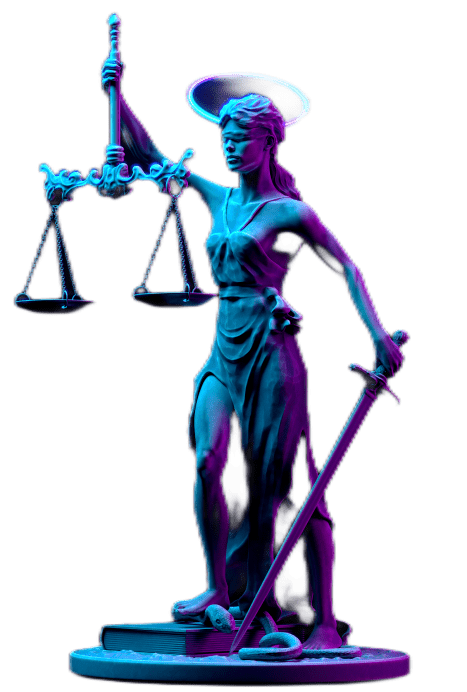OFAC Representation Lawyers
Companies and individuals face increasing risks civil penalties of violating sanctions laws, which can lead to significant civil penalties and enforcement actions. Engaging highly qualified OFAC sanctions lawyers with deep knowledge and experience in sanctions laws becomes critically necessary for ensuring the legal safety and strategic resilience of your business.

Only professional sanctions representation and strategic advice from OFAC sanctions attorneys can guarantee that your organization effectively navigates the complex and dynamic landscape of U.S. sanctions regulations. Our specialists offer exclusive services to help you avoid violations OFAC compliance, minimize financial risks, protect foreign assets and control your reputation on the international stage.
What is Sanctions Representation?
Sanctions representation involves providing comprehensive legal services to individuals and entities involved in international trade or affected by economic and trade sanctions. These sanctions, imposed by governmental bodies like OFAC, can restrict transactions and access to assets, affecting a wide range of activities. Sanctions representation facilitates navigating through complex regulatory frameworks, ensuring compliance, and assisting in obtaining necessary OFAC licenses or exemptions.
Sanctions Lawyers are known for providing legal representation in OFAC matters. Our team of OFAC attorneys regularly provides support to clients in a variety of issues, such as:
Removing Names from the SDN and Blocked Persons Lists
Assisting clients in delisting from the Specially Designated Nationals (SDN) List and the Blocked Persons List, restoring their ability to conduct international business.
Obtaining OFAC Licenses for Humanitarian Exports
Providing legal assistance in obtaining licenses or advising on the export of medical supplies and other critical goods to embargoed countries, ensuring compliance with OFAC regulations and humanitarian considerations.
Sanctions Compliance for Financial Institutions
Advising financial institutions on compliance with OFAC-administered sanctions programs, ensuring adherence to regulatory requirements and preventing unintentional violations.
Litigating OFAC-Related Cases
Representing clients in litigation related to OFAC matters in the District Court and the Appellate Court, vigorously defending their interests.
Investigations and Voluntary Self-Disclosures
Conducting thorough investigations into alleged violations of OFAC sanctions programs and preparing voluntary self-disclosures to mitigate penalties through proactive compliance efforts.
Sanctions Risk Assessment
Conducting detailed risk assessments for financial institutions and multinational corporations, advising on measures to mitigate the risk of sanctions violations.
Unblocking Frozen Assets
Assisting clients in unblocking assets frozen due to OFAC sanctions, facilitating the restoration of financial resources.
Responding to OFAC Administrative Subpoenas
Providing legal representation in response to OFAC administrative subpoenas and defending clients before the OFAC Enforcement Division against non-compliance allegations.
Contact Reliable Sanctions Lawyers
If you need expert assistance with OFAC and sanctions matters, our dedicated team of sanctions attorneys is ready to help. We possess extensive experience and deep understanding of the regulatory landscape to provide effective legal solutions. Contact us today to discuss how we can help you navigate the complexities of economic sanctions and ensure compliance with all applicable regulatory requirements.

OFAC Representation FAQ
OFAC requirements: OFAC imposes economic and trade sanctions based on U.S. foreign policy and national security goals. Requirements include restrictions on trade, financial transactions, and asset freezes involving sanctioned countries, entities, and individuals.
Sanctions representation involves offering comprehensive legal services to individuals and entities engaged in international trade or impacted by economic and trade sanctions. It helps clients navigate complex regulatory frameworks, ensuring compliance, and assists in obtaining necessary OFAC licenses or exemptions.
OFAC-sanctioned countries are those subject to various U.S. government sanctions due to national security, foreign policy, or economic threats. As of now, these countries include:
- Cuba
- Iran
- North Korea
- Syria
- Russia
- Venezuela
This list can change, so it's important to regularly check the OFAC website for updates.
The purpose of the Office of Foreign Assets Control (OFAC) is to enforce economic and trade sanctions against targeted foreign countries, regimes, terrorists, international narcotics traffickers, and those involved in activities related to the proliferation of weapons of mass destruction. These sanctions aim to advance U.S. national security and foreign policy objectives by restricting financial and commercial activities with designated entities and individuals.

